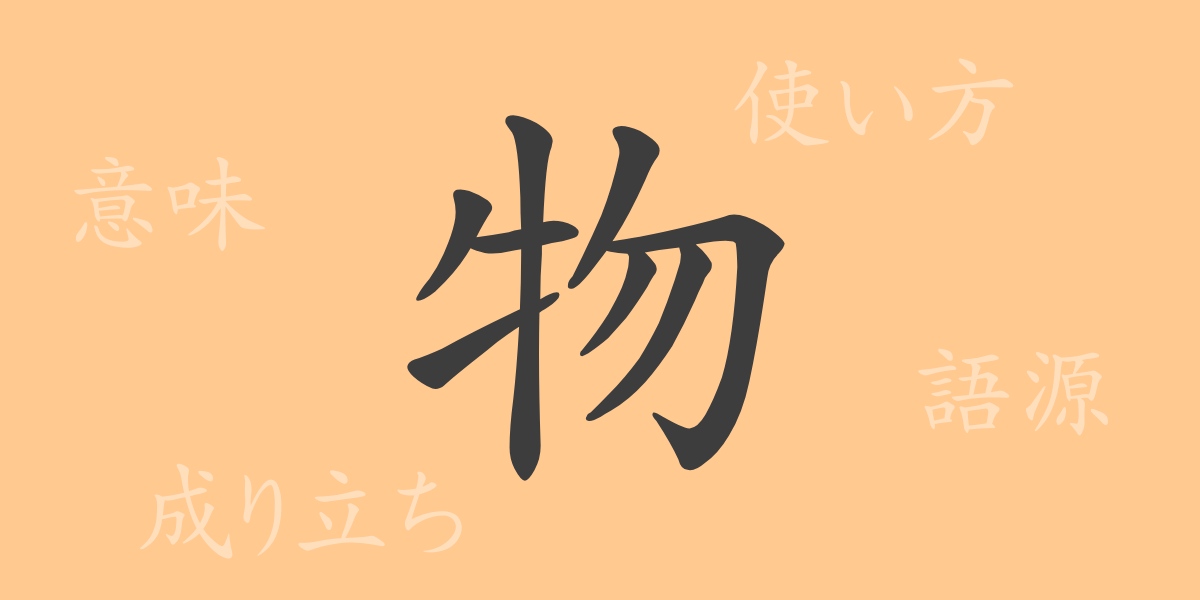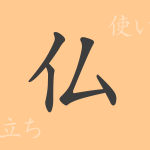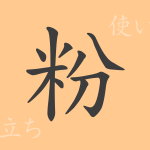In the Japanese language, there are numerous kanji characters, each with its unique meaning and history, deeply rooted in the daily lives of the Japanese people. One of the commonly used kanji, “物” (もの), is particularly fundamental and important among the words we see and use daily. In this article, we will delve into the rich background and usage of the kanji “物” (もの) to deepen our understanding.
The Origin of 物 (もの)
The origin of the kanji “物” (もの) is ancient, with its prototype seen in oracle bone script. It originated as a pictograph representing a cow with horns. Over time, the recognition that cows were important “things” in human life spread, and from there, it was abstracted to mean “things in general.”
The Meaning and Usage of 物 (もの)
The kanji “物” (もの) has a wide range of meanings and usages in Japanese. It primarily refers to “concrete things with form” or “abstract matters,” and is used broadly from material objects to conceptual matters. Additionally, in the form “物事” (ものごと), it is frequently used to refer to “things in general.”
Reading, Stroke Count, and Radical of 物 (もの)
The kanji “物” (もの) has several readings, which are used depending on the context.
- Reading: In On’yomi, it is read as “ブツ” (butsu) or “モツ” (motsu), and in Kun’yomi, it is read as “もの” (mono).
- Stroke Count: The kanji “物” (もの) has a total of 8 strokes.
- Radical: The radical is 牛部 (うしへん, ushi-hen).
Idioms, Proverbs, and Phrases Using 物 (もの) and Their Meanings
There are numerous idioms, proverbs, and phrases that include “物” (もの), each demonstrating the richness of Japanese expression. Here are a few examples:
- 物忘れ (ものわすれ, monowasure): Inability to remember things; being forgetful.
- 物言わぬが花 (ものいわぬがはな, mono iwanu ga hana): A proverb meaning “Silence is golden.”
- 物見遊山 (ものみゆさん, monomiyusan): Going out for a pleasure trip with no particular purpose.
- 物の哀れ (もののあわれ, mono no aware): Being moved by the beauty of nature or human emotions.
- 物思う (ものおもう, mono omou): To ponder deeply about something.
Conclusion on 物 (もの)
The kanji “物” (もの) has evolved over time in its form and meaning, continuing to play a central role in modern Japanese. As seen in the idioms and proverbs used in daily life, it is a kanji closely related to our emotions, actions, and thoughts. Through this kanji, one can appreciate the depth and richness of Japanese language and expression.

























